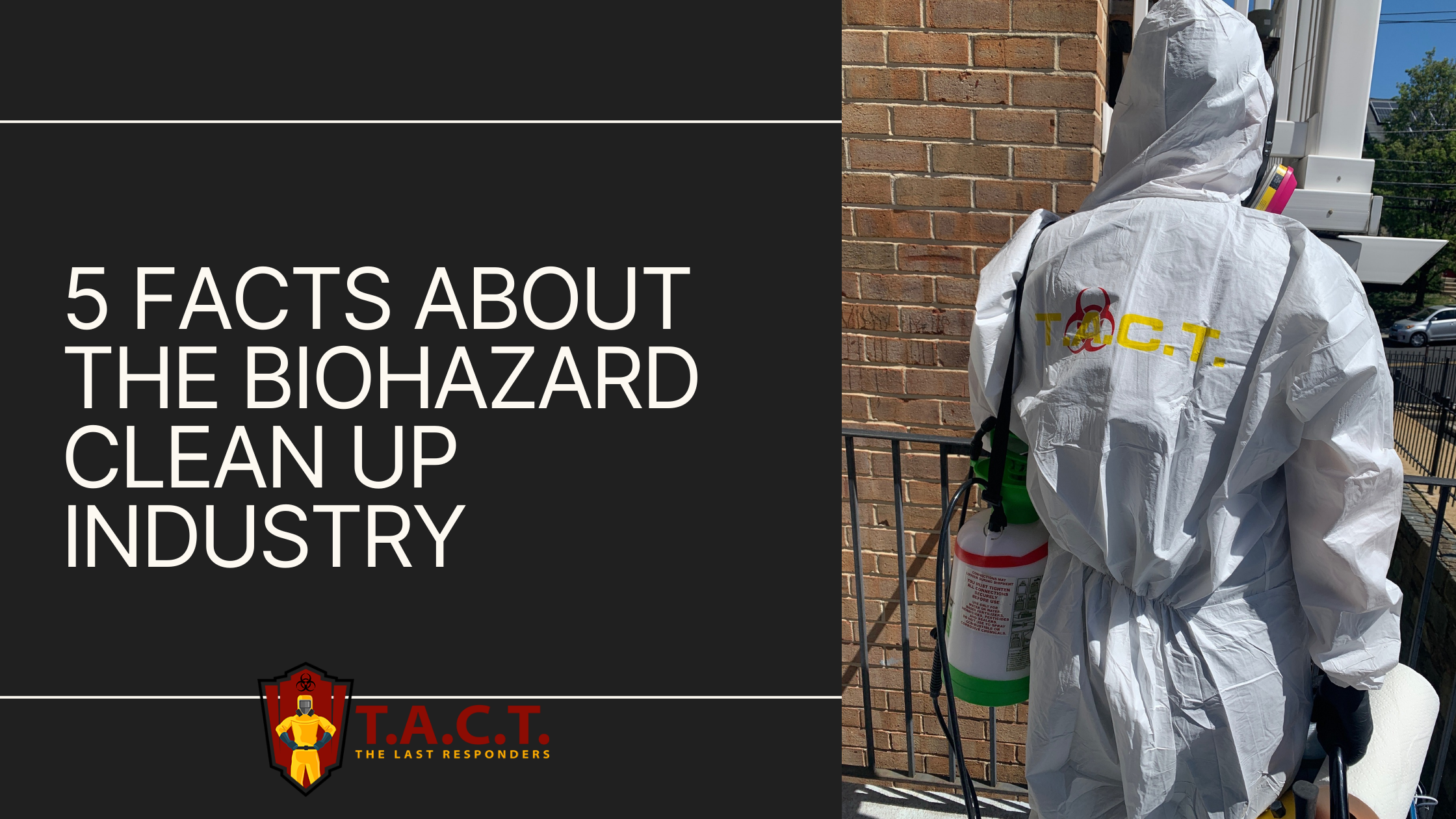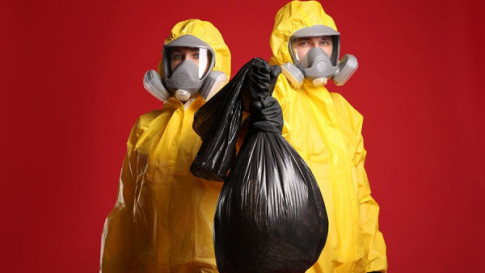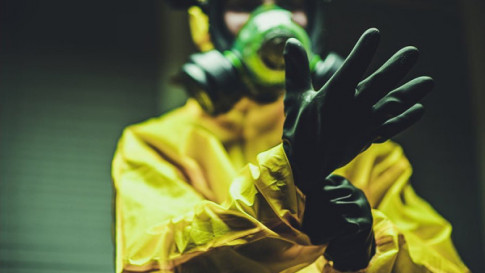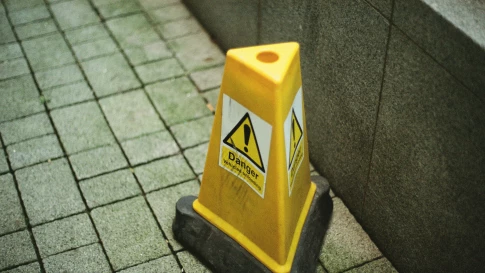5 FAQs Answered by Crime Scene Cleaners

Crime scene cleaners are often unsung heroes who play a crucial role in restoring safety and cleanliness to spaces affected by traumatic events. Here, we will be unveiling the truth by answering the top 5 frequently asked questions about crime scene cleaners and providing insights into this essential profession.
1. What does a crime scene cleaner do?
Crime scene cleaners are trained professionals who specialize in cleaning and sanitizing spaces where violent crimes, accidents, or other traumatic events have occurred. Their primary goal is to safely and thoroughly remove biohazardous materials such as blood, bodily fluids, and tissue from the scene, following strict protocols to ensure the area is restored to a safe and habitable condition.
2. How do crime scene cleaners protect themselves from potential hazards?
Crime scene cleaners undergo rigorous training in biohazard cleanup procedures and safety protocols to protect themselves from exposure to harmful pathogens and contaminants. They wear specialized personal protective equipment, including gloves, masks, goggles, and suits, and use professional-grade, proprietary cleaning agents and disinfectants to minimize health risks.
3. Is crime scene cleaning emotionally challenging?
Working as a crime scene cleaner can be emotionally challenging due to the nature of the job and the traumatic scenes they encounter. These professionals must have a strong emotional resilience and coping mechanisms to deal with the psychological toll of their work. Many crime scene cleaning companies provide counseling and support services to help their employees process the emotional impact of their job.
4. How long does it take to clean a crime scene?
The time it takes to clean a crime scene can vary depending on the size of the area, the extent of contamination, and the complexity of the cleanup process. In general, crime scene cleaners work efficiently to complete the cleanup as quickly as possible while ensuring thorough decontamination and sanitization. Some cases may require several hours to several days to complete, depending on the circumstances. Having a team specialized in the complexities of these situations from start to finish is highly important to help ensure a professional, thorough and timely job is done.
5. What qualifications are required to become a crime scene cleaner?
To become a crime scene cleaner, individuals typically need to undergo specialized training in biohazard cleanup, obtain certification in bloodborne pathogens and hazardous waste handling, and adhere to industry regulations and standards. Strong attention to detail, physical stamina, and compassion for those affected by traumatic events are important qualities for aspiring crime scene cleaners.
Crime scene cleaners play a vital role in restoring safety and peace of mind to communities affected by tragic events. By answering these frequently asked questions and shedding light on the realities of this essential profession, we hope to increase awareness and appreciation for the valuable work that crime scene cleaners, like T.A.C.T. do every day.








Latest news

Supporting Communities with Specialized Cleaning & Biohazard Services. Virus Decontamination, Hoarding Cleanup, Deep Cleaning Services, Blood Cleanup, and Human Waste Cleanup.
Read More
Suicide Cleanup in Washington, D.C., Northern Virginia & Frederick, MD. Certified Biohazard Cleanup, Blood Cleanup, Crime Scene Cleanup, and Dead Body Clean Up Professionals.
Read More
Understand the dangers associated with DIY biohazard cleanup efforts in McLean and discover expert advice on when to seek professional assistance for safe and effective results.
Read More